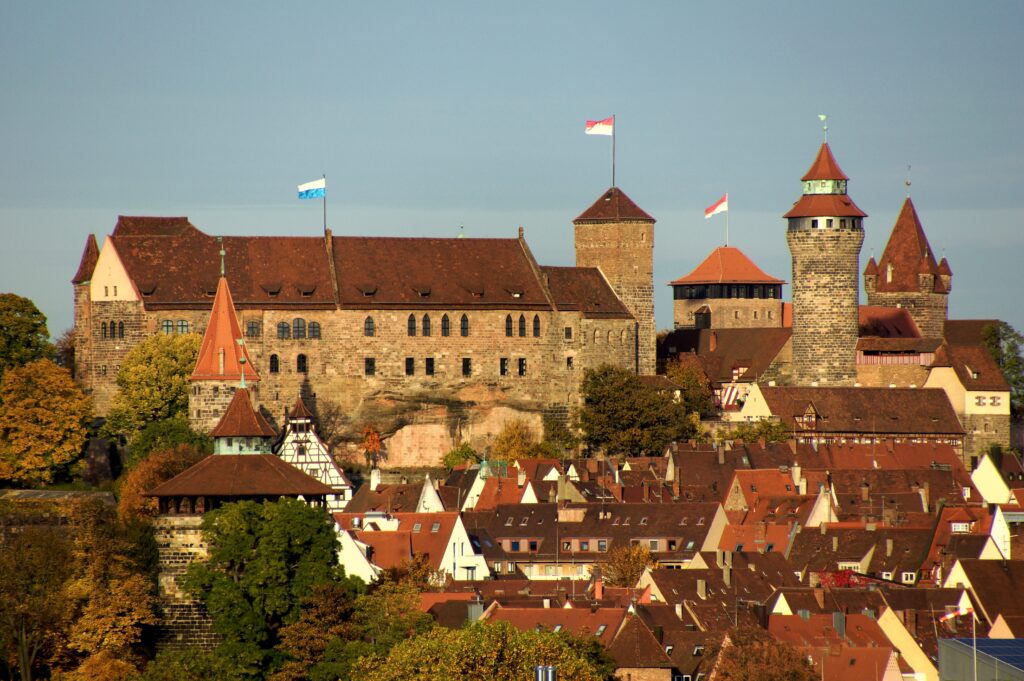Excursion to Nuremberg: Humanism and World Exploration during the Renaissance

During this course, we are going to explore the remains of Renaissance Nuremberg and learn about how humanism and new knowledge about the world has shaped the city as well as European ways of life overall. We are going to unveil how art, technology, and world knowledge developed during this period and informed the beginnings of modernity and globalisation. Thus, we are also going to develop some insights into the history of Germany during the Renaissance.
This excursion will be conducted together with students from Ludwig-Maximilians-University Munich between 5 and 8 December in Nuremberg and provides the opportunity to exchange about our studies and make new friends beyond Witten. For those who wish to visit key places of Nuremberg’s history during World War II, we are planning to organise guided tours before or after the excursion. More information on this voluntary option will be given in the introductory session.
Costs for accommodation in shared rooms and entry fees will amount to approximately € 250-300 per person plus individual costs for food, drinks, travel costs to and from Nuremberg and within the Nuremberg area.
If you wish to participate, please state your motivation in a short email to anil.paralkar@uni-wh.de.
Anil Paralkar

Was muss ich mitbringen?
German reading skills are necessary for preparing the student presentation; otherwise, everybody is welcome to participate.
Wie werden wir lernen?
In preparation for the excursion, students have to read assigned texts, which help to develop fundamental knowledge about the class topic. Student presentations during the excursions allow to engage with particular topics more in-depth and to train communication skills.
Ziel der Veranstaltung
We will explore some fundamentals of German history during the Renaissance. Engaging with Renaissance humanism will allow us to understand the origin of a contemporary humanistic worldview. Finally, studying early modern globalisation will help us to realize how historical knowledge about the world frames current forms of othering of the non-European world.
Max. Teilnehmendenzahl
15
